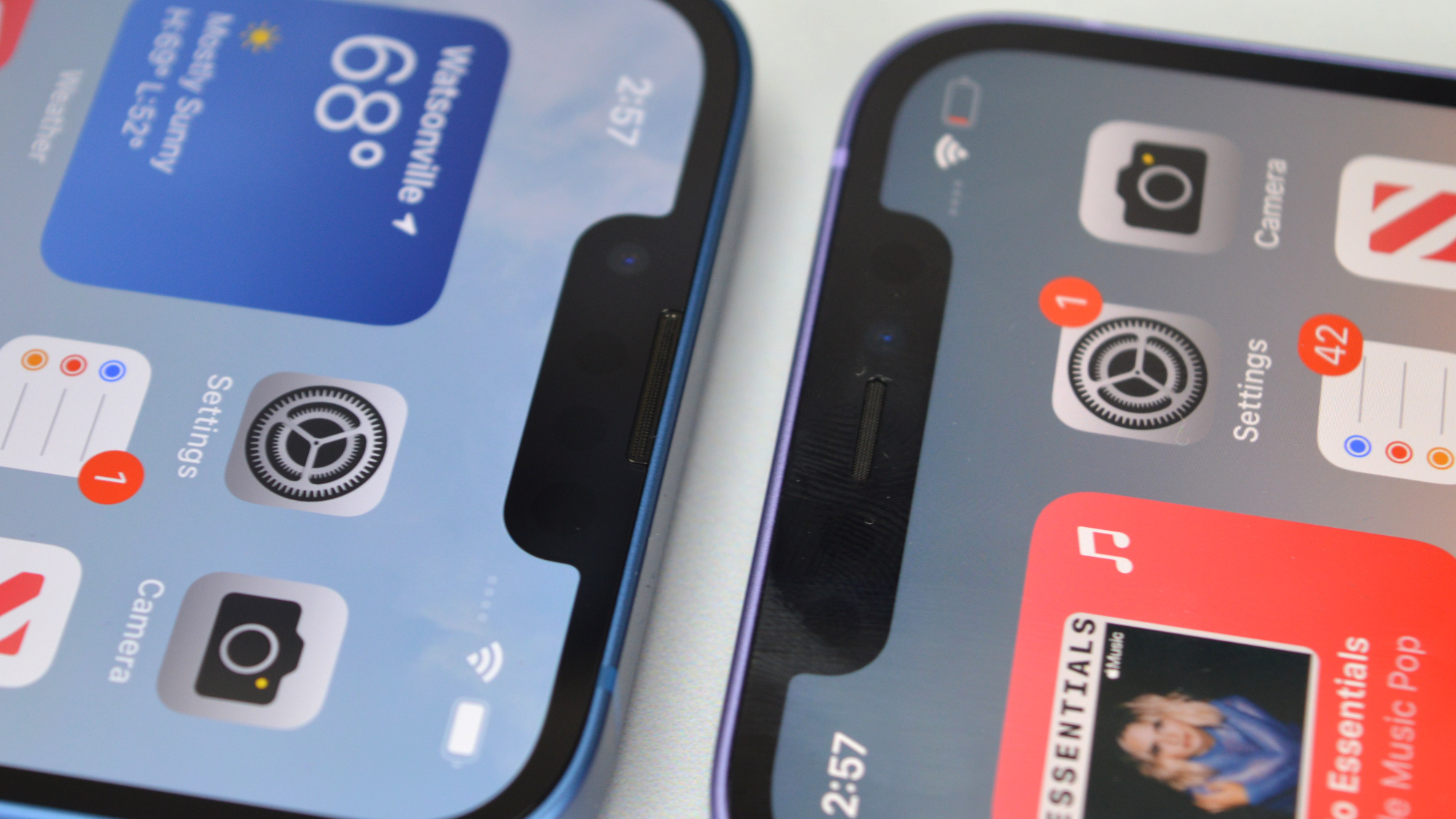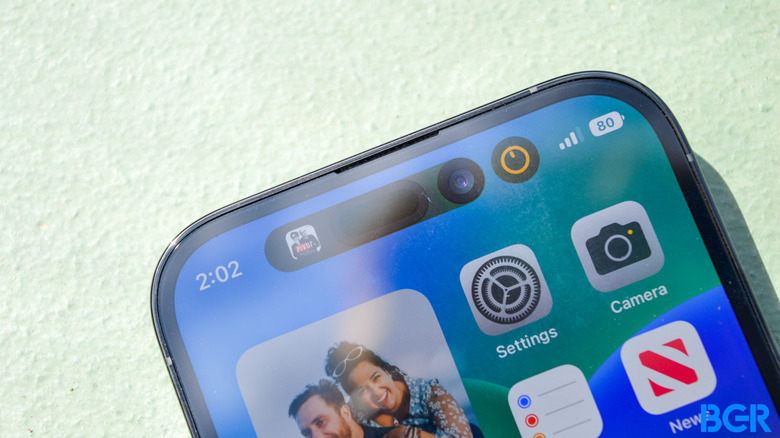The iPhone Notch Can't Just Go Away, And It's Not Because Of The Dynamic Island
Rumors say all iPhone 15 models will feature the same Dynamic Island notch as the iPhone 14 Pros. Then, Apple will move the Face ID components under the screen for the iPhone 16. Finally, the iPhone 17 will deliver the perfect all-screen iPhone design, with the selfie camera also moving behind the display.
But the iPhone notch can't go away just like that. It's not even about the Dynamic Island functionality that went viral right after Apple unveiled the iPhone 14 series. No matter what the notch looks like, it's an important design element part of the iPhone's identity.
I hated the iPhone X's notch passionately, yet I got used to it. Just like they said we would. Like the ugly iPhone camera bump on the back, the notch is a compromise we understand and accept.
The notch features the key components that make 3D face unlock possible. Face ID is one of the big advantages the iPhone has had over Android since the iPhone X's introduction. Few vendors tried to replicate the feature on their devices.
Apple then reduced the size of the iPhone X notch with the iPhone 13 series. All four handsets feature a cutout at the top, but it's smaller than the iPhones that preceded it.
The iPhone 14 and 14 Plus feature the same notch as the iPhone 13, while the Pros deliver the big Dynamic Island pill-shaped hole-punch cutout.
Sitting in the media section during the various MWC 2023 press conferences I attended this week, I saw them all. Big notches, smaller notches, and pill notches. They were all around me, iPhones 12 or older, iPhones 13 and 14, and the iPhone 14 Pro and Pro Max.

Whether it was Xiaomi, Honor, or Realme announcing the international launch of a brand-new Android flagship, plenty of iPhones were in the media section helping with the reporting. Some were texting, and others were capturing photos and videos as the presenters unveiled new Android phone features.
Sure, there were Androids around me. But they all feature the same hole-punch all-screen display design that it's much harder to recognize specific models at a glance. And the iPhones were prevalent, no matter which event I attended or where I sat.
The only reason I could recognize them has nothing to do with being an iPhone user. It's all about the notch. The cutout or Dynamic Island hole-punch at the top of the iPhone makes it instantly recognizable. Anywhere in the world.
Even if you hate Apple and the iPhone, and you've been on team Android from the start, you'd still recognize Apple's various notches. They're powerful marketing tools for Apple, renowned around the world.
That's why Apple can't ditch the notch that easily. It has nothing to do with its ability to place cameras and sensors under the display. Or with the Dynamic Island functionality. It's about the iPhone's identity.
The iPhone 16, 17, and beyond will need another instantly recognizable design feature. When Apple transitioned from the home button to the notch, it left one iconic design behind (the home button) but replaced it with the notch. Similarly, when the notch disappears, a different iPhone design element should replace it. One that's visible immediately when you turn on the screen.
